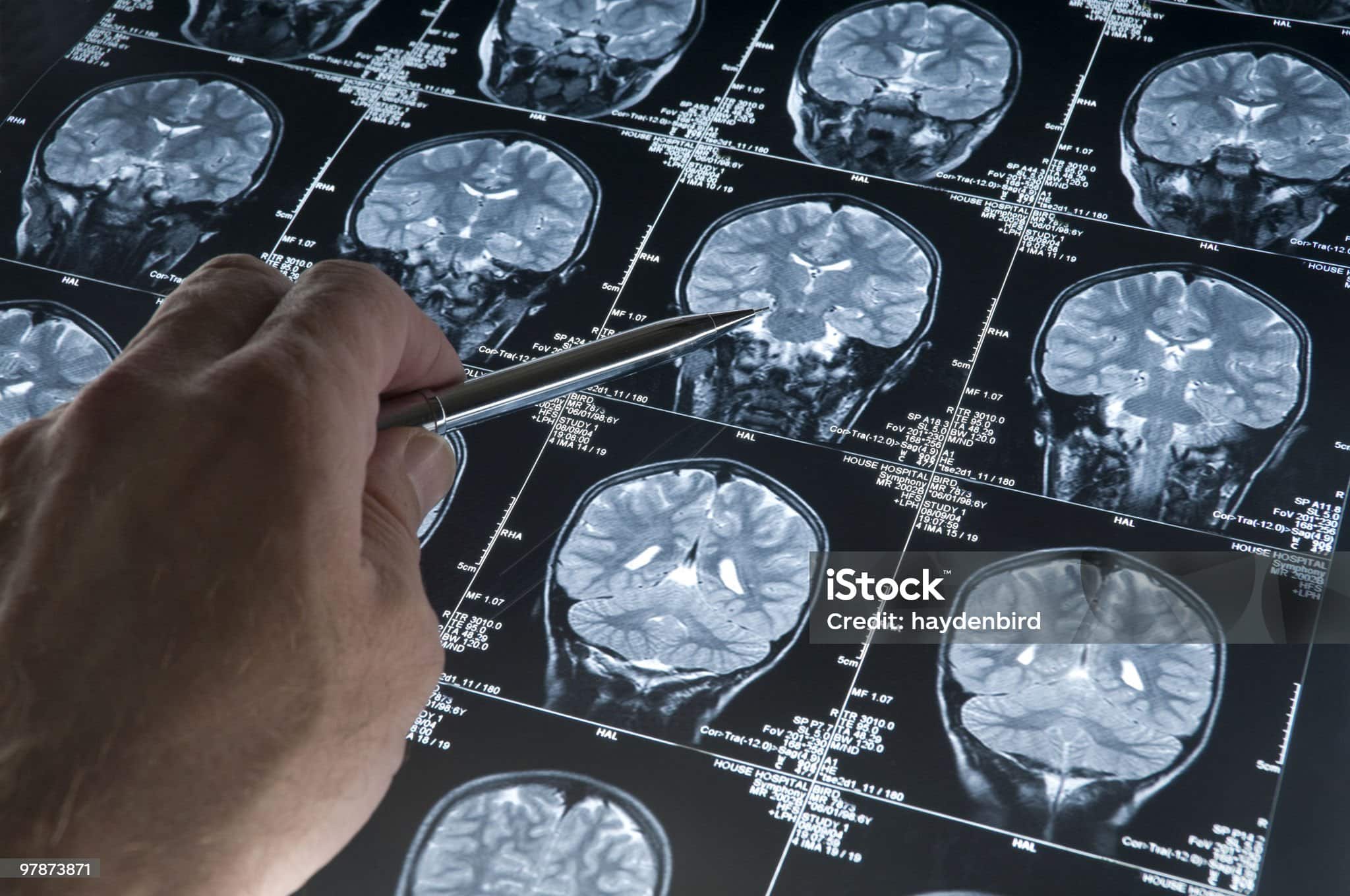10 Essential Things You Should Know About Alzheimer’s Disease

Alzheimer’s disease is a progressive neurological disorder that significantly impacts memory, thinking, and behaviour. It’s crucial to understand this condition, whether you’re affected personally or know someone who is. Here are ten key points distilled from a comprehensive analysis of Alzheimer’s:
1. Prevalence and Impact:
Alzheimer’s disease is the most prevalent form of dementia, affecting millions worldwide. It’s known for its profound impact on brain function, which worsens over time due to the damage of brain cells.
2. Symptoms to Watch For:
Early signs include mild memory loss, confusion over familiar tasks, difficulty with words, and changes in personality. As the disease progresses, symptoms expand to severe memory loss, disorientation, and changes in physical capabilities.
3. Risk Factors:
Major risk factors for Alzheimer’s include aging, with significant increases in risk after the age of 65. Genetics play a role, but lifestyle factors such as smoking, obesity, and an inactive lifestyle are critical contributors that can be managed.
4. Diagnosis Procedures:
Early diagnosis is key. It involves comprehensive assessments including memory tests and medical imaging to rule out other causes and confirm Alzheimer’s disease.
5. Treatment Options:
While there is no cure for Alzheimer’s, medications like donepezil and memantine can manage symptoms and slow progression in some cases. Early to middle stages see the most benefit from these treatments.
6. Therapeutic Interventions:
Beyond medications, cognitive stimulation therapy and cognitive rehabilitation help manage symptoms by engaging and exercising mental faculties.
7. Managing Daily Life:
Practical tips for living with Alzheimer’s include maintaining a routine, using assistive devices for daily tasks, and staying socially active to support mental health.
8. Support Systems:
It’s essential for both patients and caregivers to access support services, such as Alzheimer’s-specific support groups and dementia helplines which provide crucial guidance and information.
9. Misconceptions Corrected:
Common misconceptions include the immediate loss of driving ability or total loss of independence post-diagnosis. Understanding what to realistically expect can help manage the disease more effectively.
10. Future Directions:
Ongoing research is crucial. Current studies focus on better understanding the disease mechanisms and developing new treatments to hopefully one day find a cure.
In understanding Alzheimer’s, awareness and knowledge are potent tools. By recognizing the symptoms early, engaging in preventative measures, and utilizing available treatments and support systems, individuals and families can better navigate the challenges posed by this condition. Engaging with organizations and resources that offer support and information can make a significant difference in managing Alzheimer’s disease effectively.